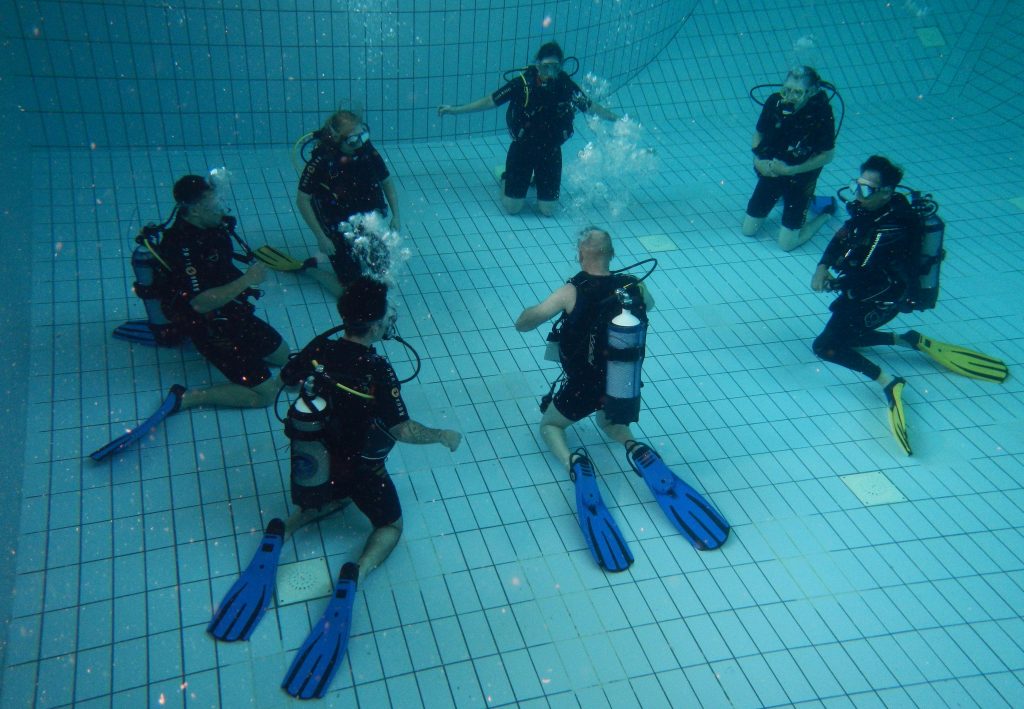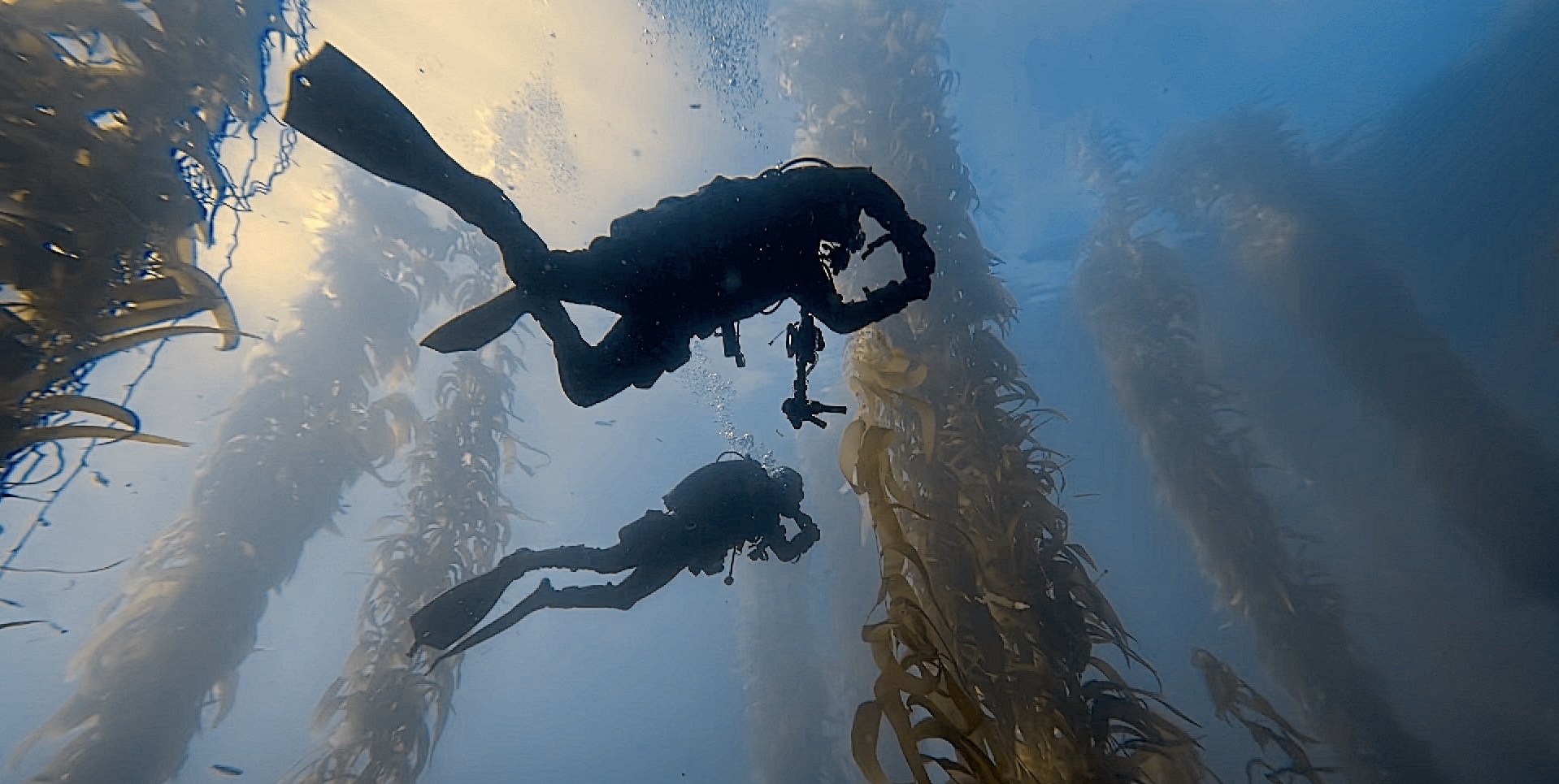There is a significant issue in the scuba industry that creates safety concerns within the dive community. The current business model for certification courses produces divers who only meet the minimum standards. Why is this occurring, and how can it be addressed? Unfortunately, until there is a substantial change within the industry itself, this problem cannot be resolved, as supply and demand, coupled with the prevalent “I want it fast” mentality, perpetuate the situation.
Scuba Agencies Standards and Policies
Scuba agencies establish the standards and policies that dive shops must follow in order to certify divers. To clarify, they set the MINIMUM standards and policies. These guidelines include rules about the student-to-instructor ratio (which is often meant for ideal conditions), the minimum number of pool and ocean sessions, and the baseline skill demonstrations required to pass the course.
Dive Shops Under Pressure to Deliver
Dive shops employ the instructors who teach these courses according to the minimum standards. Due to the competitive nature of the industry, which targets a niche market, dive shops must remain competitive in their offerings. This pressure prevents them from teaching beyond these minimum standards. If a shop does not offer the shortest and least expensive classes, many students will choose another shop that does. Consequently, local dive shops must take on full classes to ensure profitability after paying the instructors. Typically, instructors are compensated per student, which discourages them from teaching unless a full class is enrolled. Even then, they often work for less than minimum wage by the time they fulfill all the required coursework with their students. A full course often results in limited hands-on time for each student and maximum student-to-instructor ratios.
As a result, we find ourselves in a continuous cycle of offering the shortest and least expensive courses to attract more students, while shops and instructors are compelled to adhere to minimum standards.

How Does this Effect New Divers?
What does this mean for students? Generally, students develop a solid knowledge base through e-learning and the reinforcement provided by instructors. However, the pool sessions typically consist of only the mandated “check the box” scenarios (such as mask clearing, mask removal, and other emergency procedures). Fundamental skills like buoyancy control, trim, dive planning, and finning techniques are often neglected. Students might spend a solid six hours in the pool, often over weighted, kneeling on the bottom, which instills poor habits from the outset while they go through the list of required skills.
Strong fundamentals are crucial for mastering advanced techniques in any sport. Yet, due to the time constraints imposed on shops for profitability, these essential skills are largely overlooked in favor of urgent emergency procedures. How can a diver be truly comfortable, competent, and self-reliant without a solid understanding of these fundamental skills, which are essential for becoming an advanced diver? This leads to the cycle of students obtaining additional certifications without gaining the necessary skills.
What can a New Diver do?
What can an open water diver or someone with higher certification do to improve their fundamental skills? More responsible instructors are starting to offer non-certification mentoring courses. Ideally, a mentoring course should begin with an evaluation session, followed by a tailored plan focusing on the skills that need improvement and how to enhance them. These sessions should be one-on-one, rather than in a class format, as a personalized approach is more effective than a cookie-cutter model. Divers Below Scuba is one group that offers this type of mentoring. Being a non-shop-based organization allows Divers Below Scuba to devote as much or as little time as needed to help customers improve their diving and become truly advanced divers.

